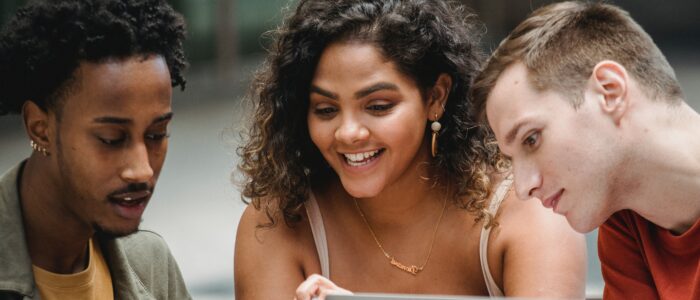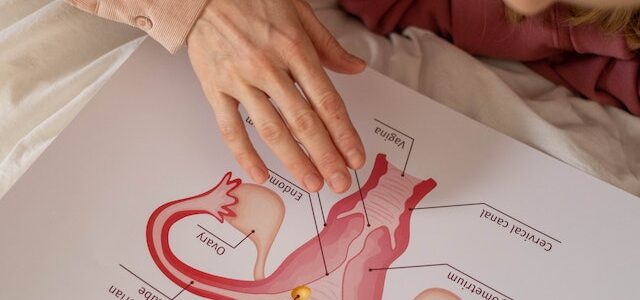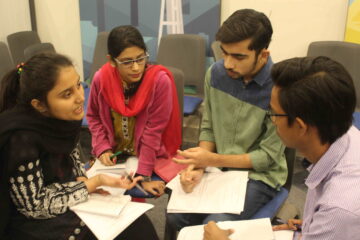Ask your younger self these questions:
How do you know what you’re good at, and decide what you want to do in the future?
How do you know the way to handle your physical change and dynamic emotions when puberty hits?
How do you know whether the relationship(s) you have with your closest ones are the healthy or toxic one? And how to build a healthy relationship and avoid the toxic one?
How do you know that you have to build some healthy boundaries within yourself?
Through five years of contributing to this issue, I learned that all those questions actually could be understood through the sex education program. Some of the country’s context will make its society shocked by hearing the ‘sex’ term in sex education. Although the term’ sex’ actually means the state of being male or female biologically, some people – especially the conservative groups, think that sex education will encourage young people to have premarital sex.
It’s completely wrong. Sexual and reproductive health and rights (SRHR) education, or what UNESCO has been calling as Comprehensive Sexuality Education (CSE) aims to be our best friend during the transition phase from children to adulthood. One of the youth I worked with even mentioned that he decided to have a romantic relationship when he would be in college, since he realized that it will take much work and focus to build a healthier relationship, and he was not prepared to think about it in high school.
It aspires to discuss various aspects that could affect our sexual and reproductive health — giving reliable information will help young people to make informed choices, and in the long term, health-seeking behaviors will be increased. They will realize that it is normal to seek professional help if needed.

From one of the peer-led sex education programs that I pioneered back in Indonesia for three years, it covered a wide range of topics and discussions in smooth steps. First, in order to gain our capability in self-management and self-awareness, we have to know ourselves — what is our physical and psychological change during puberty, what we like and dislike, what are our dreams. After we’ve done with ourselves, we can learn how we can build healthy relationships with our closest ones — whether it is a toxic relation or a healthy one? How to prevent ourselves from entering toxic relations? Or, when it happened, how to respond? Is it okay to have boundaries? In this step, we can learn to not become a bully, or understand the red flags of someone to avoid them.
Next step, we will be facilitated to challenge gender norms. Why is it important? To know that we are actually able to explore our possible role in the future. Girls are free to choose whether they want to stay at home or work. If they choose to work, they could be anything — from doctors, police, to technicians. There is no such thing as ‘men’s job’ or ‘women’s job’. Boys are also free to choose what they want to do; they should not be burdened with any responsibilities constructed by norms.
After knowing ourselves better, knowing how we can improve our way to interact with others better, we encourage young people to map out problems in their surroundings and see what they can do to help based on their passion. It’s a step that hopefully, will help them to know what major they want to take in college, what job they want to do — what kind of marks they want to leave.
What’s interesting is the education process is done through a reflective process — we reflect on each other’s experiences and try to walk in each other’s shoes. It’s the opposite of the traditional one-way lecturing style where young people should remember everything their educators have been saying. We believe that change starts from within.

Reflecting on its importance, I hope that more and more youths will have access to this kind of education. If more teenagers are exposed to this process, then decreasing the significant rate of teenage pregnancies and child marriage is not an unrealistic goal. Maximizing the potential of demographic bonus and asking young people to contribute to their society will be more than just a dream.
Reference:
UNESCO. (2018). International Technical Guidance on Sexuality Education: An Evidence-Informed Approach. Paris ; UNESCO.


